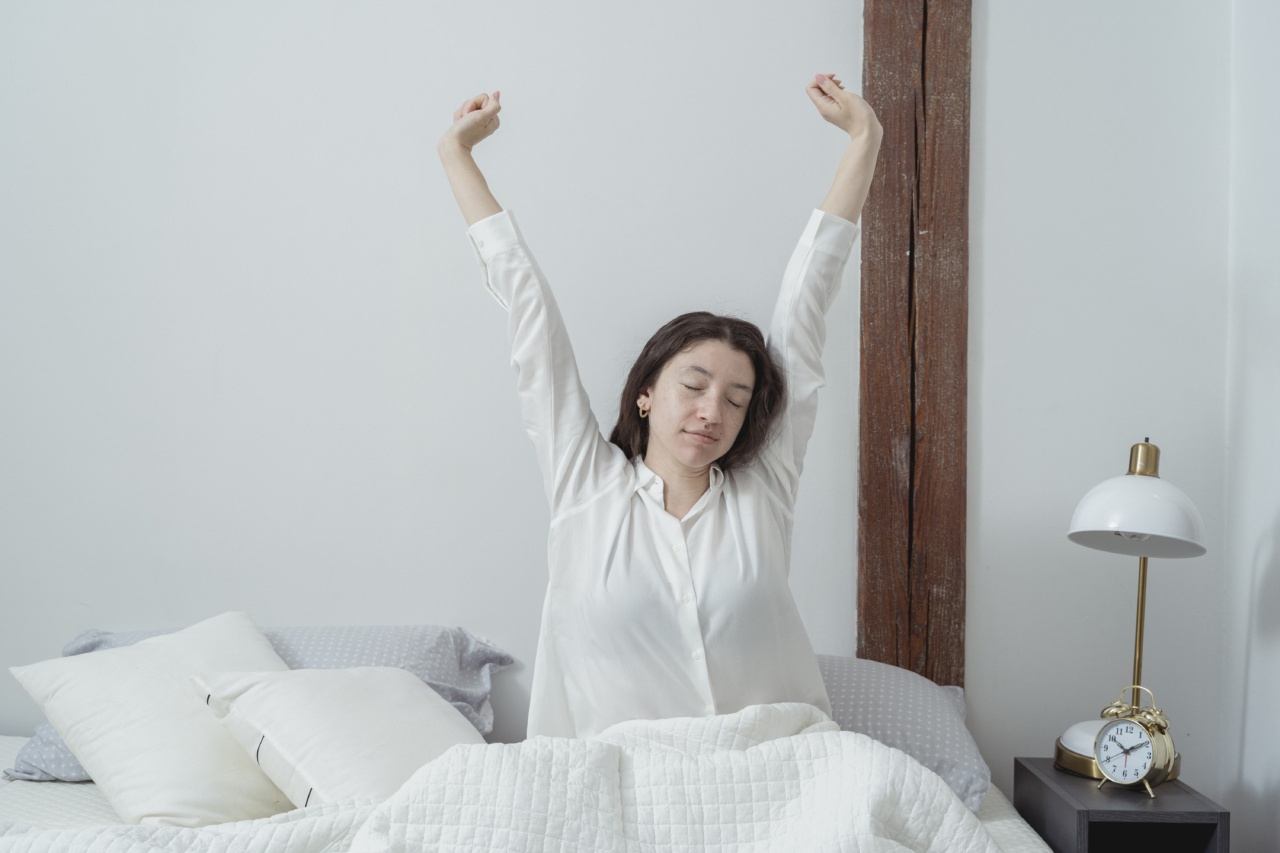Getting a good night’s sleep is vital for our overall health and wellbeing. However, with the fast-paced lives we lead today, sleep often takes a back seat, and we try to catch up on the weekends.
But can weekend sleep make up for the sleep debt? The answer is no. In this article, we will discuss the science of sleep, the consequences of sleep loss, and why weekend sleep isn’t enough.
The Science of Sleep
Sleep is a complex process that involves several stages. During sleep, the brain goes through different phases, including light sleep, deep sleep, and rapid eye movement (REM) sleep.
Each stage serves a different function and is important for maintaining our physical and mental health.
The Consequences of Sleep Loss
Several studies have shown that sleep loss can have adverse effects on our health. Lack of sleep can lead to a weakened immune system, increased risk of infections, weight gain, and even depression.
Chronic sleep loss has also been linked to an increased risk of heart disease, diabetes, and stroke.
The Myth of Catching Up on Sleep
Many people believe that they can catch up on sleep over the weekends and make up for the sleep they lost during the weekdays. However, science suggests otherwise.
While sleeping extra on the weekends can help with temporary fatigue, it cannot make up for the chronic sleep debt, which is the result of consistently getting less sleep than we need.
The Importance of Consistent Sleep Patterns
The human body has a natural circadian rhythm that regulates our sleep-wake cycle. When we disrupt this natural rhythm, our body can suffer the consequences.
Consistent sleep patterns are essential for maintaining good health and avoiding the adverse effects of sleep loss.
The Role of Sleep Environment
The environment in which we sleep can greatly affect the quality of our sleep. A comfortable, quiet, and dark environment can help promote good sleep, while a noisy, bright, or uncomfortable environment can disrupt our sleep and lead to sleep loss.
The Impact of Technology on Sleep
The use of technology, such as smartphones and laptops, has become an integral part of our lives.
However, the blue light emitted by these devices can interfere with our sleep-wake cycle by suppressing the production of melatonin, a hormone that regulates sleep. It is, therefore, important to limit our use of technology at least an hour before bed.
The Bottom Line
Sleep is essential for our overall health and wellbeing. While it may seem like a good idea to catch up on sleep over the weekends, the truth is that it cannot make up for the chronic sleep debt caused by consistently getting less sleep than we need.
To promote good sleep, it is important to maintain consistent sleep patterns, create a comfortable sleep environment, and limit our use of technology before bed.





























